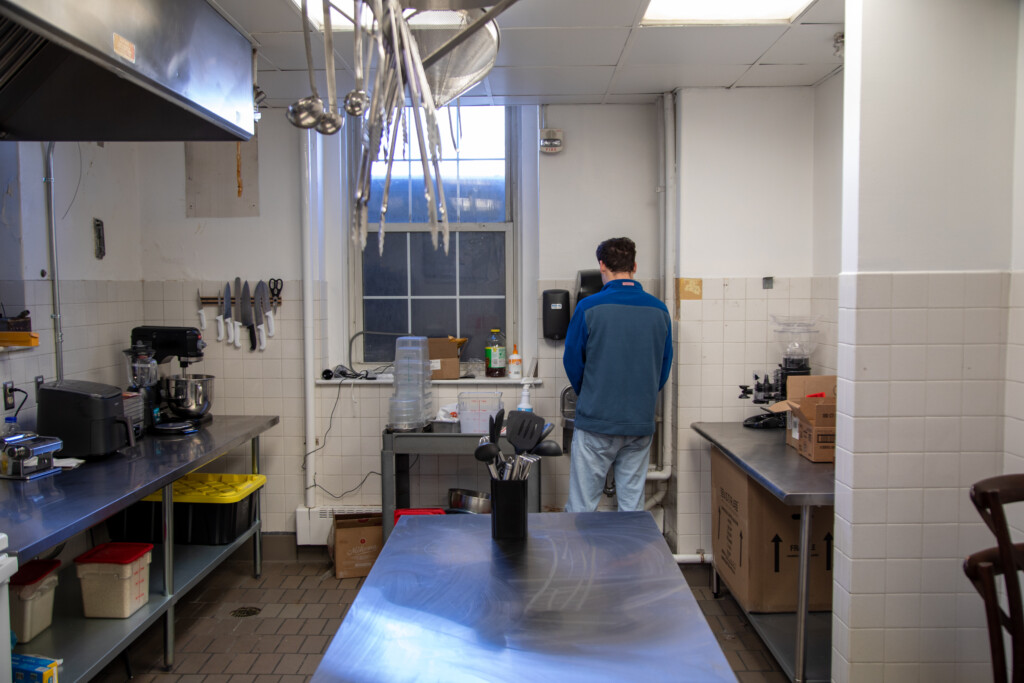Hello, reader. I have a question for you. (And yes, I understand that there’s no way for you to respond in the exact moment I’m writing the question.)
How do you prefer to waste your time? Specifically, what video-streaming services dominate your life? Is it Netflix, Hulu, Crunchyroll? How about YouTube, HBO Go, or Showtime?
Nowadays, the sheer number of ways you can distract yourself means not everyone sticks to watching the same thing. Back in the day, television had only three channels, so basically the entire country watched the same thing every night. Competition to get onto the channels was bitter and pretty selective. Now, it’s much easier to get a show created, as long as it’s a good idea and people are willing to work for it. Mind you, for the average Jane it’s near impossible — I’m speaking in relative terms here, reader.
With this massive change in entertainment production comes a massive change in how we view and perceive media. It has become a completely individualized experience. Only truly ground-breaking shows (Cough, “Game of Thrones,” cough) seem to transcend all the demographic boundaries.
I feel like I’m constantly recommending shows and constantly watching shows that have been recommended to me. When I finally do watch a show that’s been recommended to me, the shared camaraderie, while fun, only lasts as long as I’m watching the show. I end up flipping between the shows I’m watching, starting new ones and never finishing them, or getting too invested in a show and then not having enough people to obsess about it with.
Creating a longstanding relationship with a show is rare, and for me, usually reserved for shows that are well-advertised when they start and have a vocal fanbase. (Again, reader, the only example I can think of is “Game of Thrones.”)
What am I missing from lacking the continued relationship with a show? Am I missing a deeper investment in the characters? Are themes throughout the show not as apparent because I don’t have time between episodes to think about them? Is the anticipation and tension brought by the plot dampened by my quick consumption of the media?
On the other hand, having all these avenues means much more diversity in entertainment. There are shows about minorities that would previously have never seen the silver screen, shows featuring writers and actors who typically aren’t chosen for mainstream media. This allows people with different visions and messages to offer their work to the world, and raises awareness about less-seen talent to give them a shot at stardom.
This is most apparent in the case of internet shows like “Hannah Hart” or “Adam Ruins Everything.” Both of these shows were online, and they were picked up by television networks. I’m not saying that being on TV is better than being online; both have their advantages and disadvantages. But the pathway these two took to their success would’ve never existed without the diversity of multiple entertainment outlets. Also, unlike video streaming services or television, most online sites like YouTube or Twitch are free, allowing people to still get quality procrastination material on a budget.
I guess what I’m trying to say, reader, is that with the variety of entertainment options at our fingertips, it’s up to us to decide how that impacts our culture. It can become an increasingly solitary experience, or with some effort, we can keep alive the interconnected experience of loving and watching entertainment.

